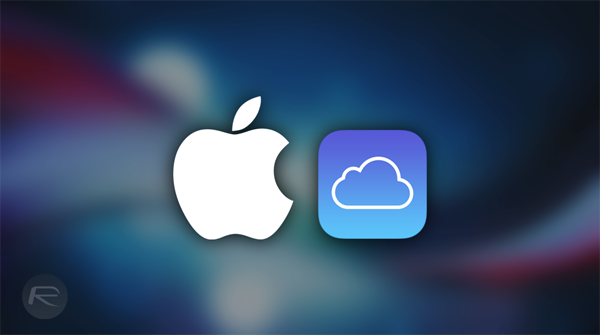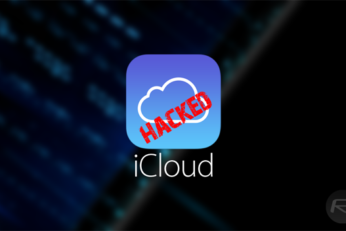The security of Apple's iCloud servers has had some considerable focus of late after a host of celebrities had their accounts raided and personal, intimate photos of them distributed online. After initially appearing to have been hacked, iCloud suffered quite the bloody nose over the incident.
This week's headlines have been dominated by yet another incident regarding the compromising of mobile devices, with several celebrities and news outlets having outlined Apple's iCloud as the wrongdoer in this particular sequence of events. But while, after an internal investigation, the Cupertino company has since stepped out and inferred that private photos wouldn't have leaked out if two-step verification were present, one reporter has done a little digging of his own, and found that in certain pockets of the Web, folks are using law enforcement tools to snatch iCloud backups of unwitting victims.
Big breaches of security are never fun, but when you're the provider of cloud storage that holds all kinds of personal data, things can get particularly hairy when someone finds a way through. That's the situation Apple finds itself in today, or at least, that's the claim.
Apple's introduction of the various CloudKit APIs within iOS 8 and OS 10.10 Yosemite at this year's Worldwide Developer Conference was greeted with much glee and excitement from attending developers. The creation of CloudKit will ultimately afford developers with the ability to focus on creating impressive and immersive client-side experiences rather than having to deal with the issues that come attached with server-side cloud storage code. As the APIs are being developed and ironed out it seems that testers will need to put up with some bumps in the road with Apple once again notifying developers that all CloudKit data will once again be wiped at some point today.
A couple of weeks back, it was reported that an individual, operating under the pseudonym 'Oleg Pliss', was conning iOS device owners in Australia out of hundreds of dollars using a very simple but effective scam using Apple’s Find My iPhone infrastructure. Initially, it was reported that Apple's iCloud infrastructure had been compromised somewhere along the line, but with the Cupertino outfit having swiftly stepped out and refuted these claims, it now appears that the group behind the well-organized scheme has finally got its comeuppance.
Apple has been in the cloud computing game for quite a while now, but while iCloud has allowed iOS and OS X users to keep their devices and files in perfect sync with one another, it certainly hasn't competed, feature-wise, with some of the more versatile offerings like Dropbox. This looks set to change after today's announcement of iCloud Drive, with cloud-syncing app support that spans iOS, OS X and even offers support for Windows.
If you ever needed proof that a smartphone doesn't need to be hacked in order for it to cause chaos, then this is probably it. After reports of iPhones being held to ransom started popping up across Australia and being posted to the Apple support forums, people started asking questions. Now it seems this problem has reached the shores of the United States, and the number of reported cases of iPhones being held to ransom is continuing to increase. So what's actually happening?
A Dutch-Moroccan hacking firm called Doulci claims to have successfully bypassed iOS 7's iCloud Activation Lock, allowing the gang to unlock iPhones that would otherwise be completely blocked by the Cupertino company. Given the 400 million strong user base of iCloud, this is a particularly worrying revelation, and since Apple's robust iCloud infrastructure has never been breached in this way, the repercussions could be significant.
Apple has recognized the ongoing needs of its iCloud users using alternative desktop operating systems. The Cupertino based company has officially released an updated version of iCloud Control Panel offering Windows 8.1 support and taking the software to v3.1. Microsoft's latest update to Windows has been with us since the middle of October, bringing with it a number of important aesthetic and functionality based changes and improvements. Apple's latest launch of its updated iCloud Control Panel signifies the company's commitment to those who prefer to use Windows over its own OS X powered Macs.
Earlier this week at Apple's latest media event, the Cupertino company finally released the newest Mac operating system: OS X Mavericks, to the world. Alongside this release came a more silent release of iOS 7.0.3 which brought with it full iCloud Keychain compatibility to go along with Mavericks. If you're unaware of what iCloud Keychain allows you to do, think of it like browser saved passwords, for all of your Apple devices. Once you have set up this new feature, you'll be able to sign into all of your favorite websites in Safari without having entered any of your passwords. It even stores your credit card details for purchases. Don't worry, the data is all encrypted locally, so Apple won't be handling all of your credit card numbers without your permission.





